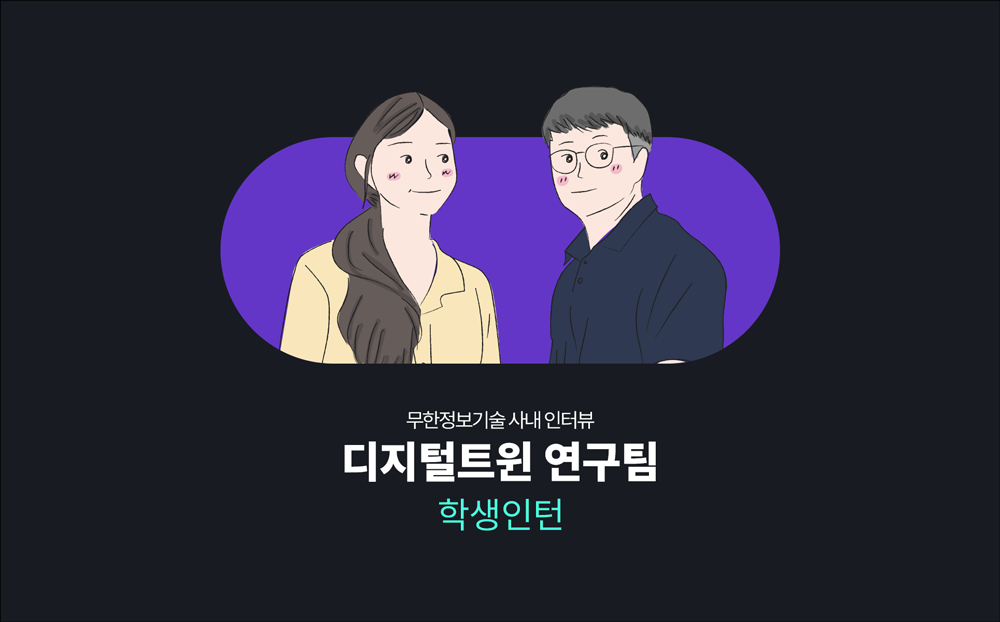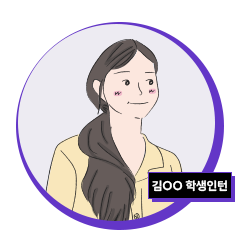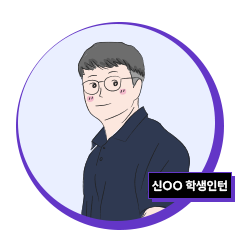NEWSROOM
[In-house Interview] Student Intern / Digital Twin Research Team
We interviewed students from Muhan IT's Digital Twin research team.
The student interns who participated in the interview were joined by a team of Digital Twin researchers during the last winter vacation.
I will tell you how I feel about taking the first step in society and tell you a detailed story.
The Original Interview ▶ https://blog.naver.com/muhan_it/223197671326

Q. Hello, can you introduce yourself briefly and tell me what kind of work you usually do?
-

Kim :
Hello, I'm Kim, a student intern at the Muhan IT Digital Twin Research Team.
I am a senior in the Department of Spatial Information Engineering at Seoul National University, and I am working with the attitude of learning many things as I am about to graduate from Muhan IT with a good opportunity!
Based on C++, OpenCV, a computer vision open source library, was used to learn various image processing techniques, and algorithms were created for various spatial filtering techniques to improve image quality and basic image processing techniques such as geometric transformation of images.
Since then, he has been in charge of implementing and optimizing image matching algorithms within the project of 3D reconstruction with images taken with stereo cameras, and has produced and modified algorithms of various techniques to produce the most efficient algorithms.

Shin :
Hello! I'm Shin, a sophomore in the Department of Spatial Information Engineering at Seoul National University, who conducted an intern program for two months at the Muhan IT Digital Twin Research Team.
We conducted an image processing practice using OpenCV. First, we learned about various image processing techniques such as spatial filtering and interpolation, and geometric transformation of images such as affine transformation and perspective transformation. Subsequently, we learned area-based stereo matching techniques and implemented them as direct code, and learned conceptual parts of photometry, such as collinear conditions. Based on this, we finally learned and implemented the process of creating and texturing 3D meshes using point cloud data.
Q. How did your school life help you with your internship?
-
Kim :
The various subjects I learned in my undergraduate class helped me proceed with my internship. Before the internship, I thought each subject was a different field, but through the actual internship, I felt that various subjects were organically connected, and I think I experienced how theory and practice interact and connect.
Shin :
When the concept I learned at school was used during the internship process, I felt familiar, so I was able to approach it without much pressure even if I learned additional content. Also, the contents learned at school helped establish a large framework for spatial information, and it was good to confirm the conceptual connection of the contents learned through internship activities. Theory and practice are different, but I think faithfulness in school life was the most basic in conducting internships and practice.
(...)
The full interview can be found on MuhanIT's blog :-D
The Original Interview ▶ https://blog.naver.com/muhan_it/223197671326






